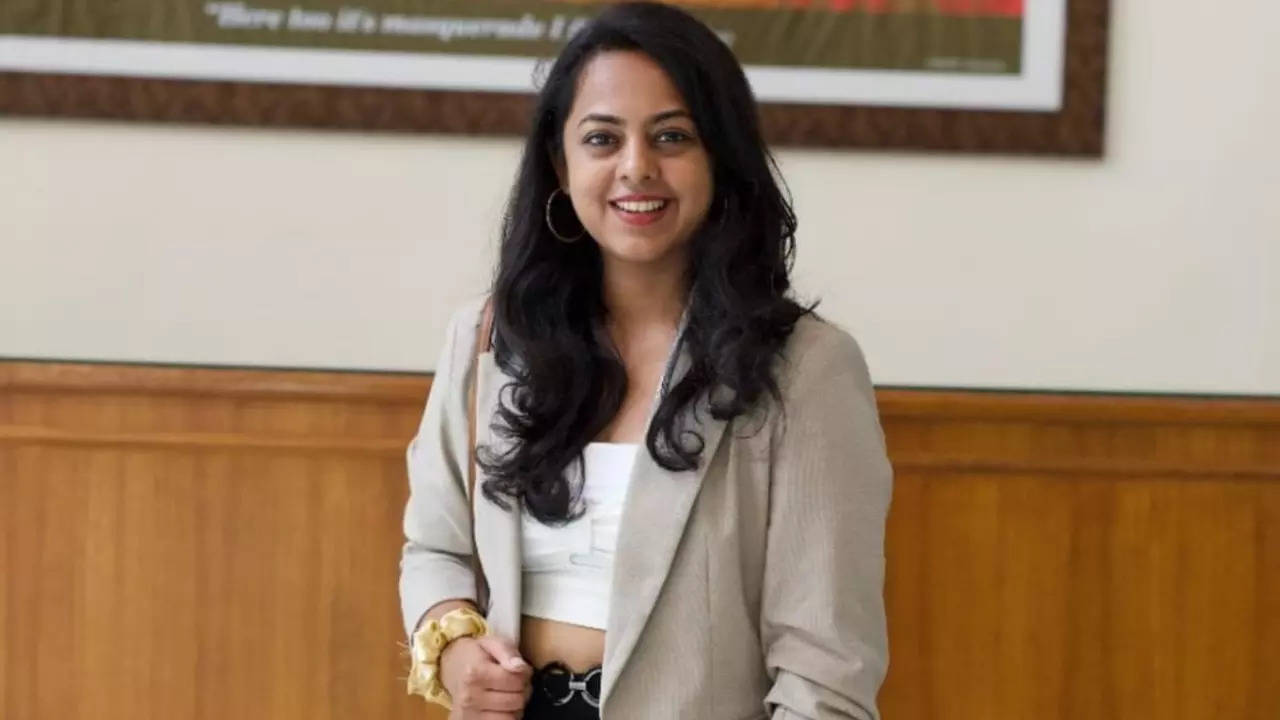
PERSONAL FINANCE 101: ESSENTIAL SKILLS FOR EVERY ADULT
By Chandralekha MR, Finance and Education Content Creator
There are many important life skills you learn to master as you grow into an adult. Time management, organisation, and social skills are just a few examples. Unfortunately, personal finance is often overlooked. In this article, let’s dive into five key skills to manage your money with confidence.
Track monthly inflows and outflows:
Where does my money go? You wonder at every month's end. As an adult, being clueless about finances is the last thing you want to experience, isn’t it? So how do I have clarity about my finances? Budgeting. It helps you track your income and expenses.
Use online banking apps or budgeting tools to categorize your spending. This will help you identify unnecessary expenses and prioritize your spending. Every rupee saved is a rupee earned, so maybe that daily latte habit isn't so essential after all.
Understanding Term Life and Health Insurance:
As you progress, you will realize the importance of a safety net for you and your loved ones. This is where understanding term life and health insurance becomes crucial. Term life is like a safety net that provides a payout in the event of your unfortunate passing, ensuring your family is protected financially.
Did you know medical inflation is set to rise to 11% in 2024? This is where health insurance comes in to protect you from ever-rising medical costs. It protects your pocket from unexpected healthcare bills. Understanding these basic insurance is crucial to facing life's uncertainties with peace of mind.
Income Tax: Knowing the Basics
Taxes might feel overwhelming, but understanding the basics will empower you. For instance, choosing the right regime, rightly structuring your salary for maximum tax savings, and knowing what deductions and exemptions you qualify for can save you a significant amount of money.
Only 5% of Indians file tax returns and 1.5% pay taxes in a country of 142 crores. If you pay taxes, you're not just fulfilling a legal obligation; you're also playing a vital role in building a stronger society as a responsible citizen.
Building an Emergency Fund:
This is designed to cover unexpected expenses or financial emergencies. It could be a sudden job loss or any unforeseen event that requires immediate financial attention. It provides a sense of security knowing you have resources to fall back on, helps you avoid debt, and provides peace of mind to handle unexpected events without added stress. Keeping an emergency fund of 1 year of annual expenses can be a starting point. Make sure to keep this money in FDs or liquid funds without prioritising returns.
The importance of investing early and growing money
As easy as it sounds, very few people follow it. There are plenty of reasons to invest early. For instance, even if you stop saving, your money grows more if you start investing young. Look at the example below.
Assuming a 12% return.
- Investing young and stopping (Saver 1). Age: 25
- Yearly investment: Rs12,000
- Tenure: 15 years
- Amount invested: Rs 180,000
- Total value at age 67: Rs 1,346,939
- Investing later in life (saver 2): Age 35
- Yearly investment: Rs 12,000
- Tenure: 30 years
- Amount invested: Rs 360,000
- Total value at age 67: Rs 948,698
Financial stability isn’t about earning more, but about being skilled at managing your money better. You can earn thousands or lakhs yet have financial freedom and stability, while someone earning more might struggle with managing their finances.